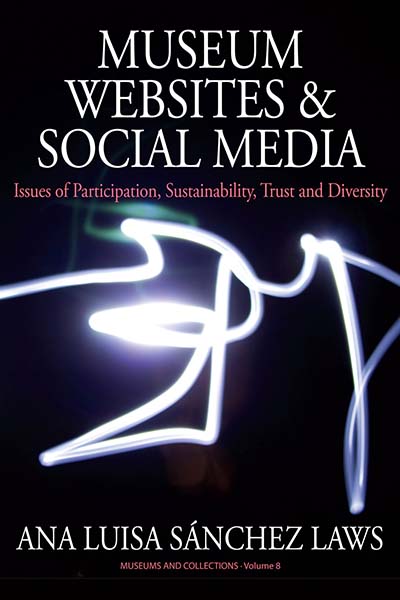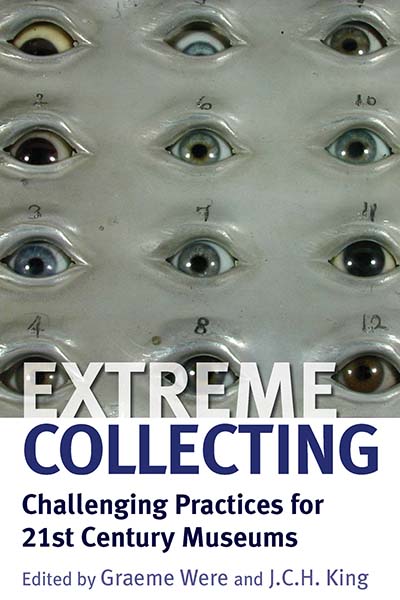Museum Week is international: more than 800 museums, galleries and cultural institutions from across the UK, Europe, the Americas, Asia and Oceania — 29 countries in total — are officially participating in this, the first ever international Museum Week on twitter, March 23-29. #MuseumWeek 2015!
Happy Museum Week from Berghahn! Read a FREE virtual issue on Museums from Berghahn Journals: http://bit.ly/P0ugcB
———————————————————————————————————————————–
Berghahn is delighted to present some of the latest Museum Studies titles:
Museums and Collections Series: This series explores the potential of museum collections to transform our knowledge of the world, and for exhibitions to influence the way in which we view and inhabit that world. It offers essential reading for those involved in all aspects of the museum sphere: curators, researchers, collectors, students and the visiting public.
 Forthcoming! Volume 8
Forthcoming! Volume 8
MUSEUM WEBSITES AND SOCIAL MEDIA
Issues of Participation, Sustainability, Trust and Diversity
Ana Luisa Sánchez Laws

 EXTREME COLLECTING
EXTREME COLLECTING